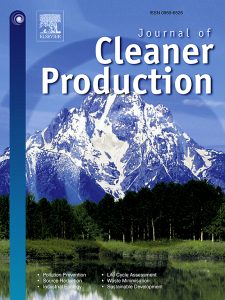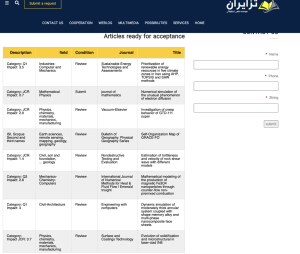A researcher who used similar, related, or identical research to publish over 30 studies in various academic journals will have four more of those papers retracted, bringing his total to ten retractions, Retraction Watch has learned.
Hossein Mohammadhosseini was formerly listed as a researcher at the School of Civil Engineering at the University of Technology, Malaysia. His retracted papers all relate to a method to make more sustainable concrete by adding metalized plastic fibers, polypropylene fibers, and/or palm oil fuel ash.
Four of Mohammadhosseini’s studies are being retracted from the Journal of Cleaner Production. They are:
Continue reading ‘Stop playing with my life,’ researcher about to be up to 10 retractions asks sleuth







